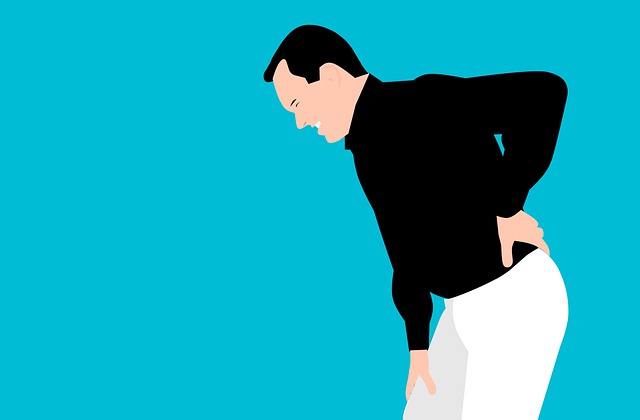The back consists of muscles, bones, connective tissue, nerves, and other tissues that extend from the neck to the pelvis. Injuries on any of them cause discomfort and pain. Back injuries may result from working in the garden or around the house, car accidents, falls, lifting heavy objects, or playing sports. While injuries can impact any back part, they’re common in the lower back.
Sprains and strains, fractured vertebrae, and herniated discs are the back injuries you might experience. The severity of a back injury varies depending on the cause and the nerve damage sustained. Determining your injury’s severity can help you seek adequate medical care and attention to prevent dire effects. Here are a few signs of a serious back injury.
Breathing complications
Back injuries, such as spinal cord injuries, don’t affect your lungs. Nonetheless, they impact your breathing or respiratory muscles, affecting your breathing. It also increases the threat of pneumonia and other lung issues. Your breathing nerves begin in the neck and to the back’s middle.
A spinal cord injury anywhere in this part may cause you to lose control of some of your breathing muscles. Depending on the extent to which your breathing is affected, you can breathe with the help of equipment or on your own. Treatments like chiropractic care can successfully eliminate suffering and discomfort associated with spinal disorders and neck or back pain.
Blood in urine
Blood in your urine may be due to various reasons, including cancer, medications, inherited illnesses, polycystic kidney disease, kidney inflammation, swollen prostate, kidney stones, kidney infection, and urinary tract infection. If these are ruled out, an injury on your back may be the cause.
A brutal hit or trauma on your lower back can make blood appear in your urine. The trauma may be due to a car accident, fall, or something heavy hitting you. While mild injuries get better with rest and a doctor keeping an eye on you, severe ones may need surgery.
Bowel and bladder issues
If you’ve hurt your spinal cord, bowel and bladder management will be crucial to your recovery. Spinal cord injuries almost always impact bowel and bladder control because the nerves managing these internal organs are attached to the spinal cord’s base and pass down via the cauda equina. After a spinal cord injury, messages are no longer delivered from bowel and bladder nerves to the brain, meaning the brain won’t be notified when the bowel or bladder is full to know when it’s time to go to ease yourself.
Paralysis
Paralysis can be permanent or temporary, depending on the severity of the injury. The actual back injury doesn’t cause paralysis, but rather the damaged nerves. For instance, injuries in the lower or middle parts of the spine may disrupt functions below the injury, such as the ability to feel sensations or move your feet, although the actual structures are healthy. Paralysis from a spinal cord injury can be paraplegia or tetraplegia.
Numbness
An injury in the spine may damage tissues or inflame them, resulting in a pinched nerve. This may cause numbness, pain from the neck down to the arms, tingling sensations in the fingers, and weakness in the shoulder, arm, or hand. If you experience this after a back injury, seek immediate medical attention.
Endnote
Understanding the severity of your back injury enables you to seek the right care for quick recovery. Consider these signs when determining whether your back injury is serious.

